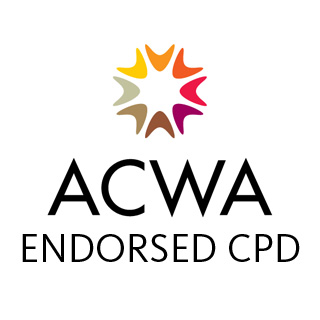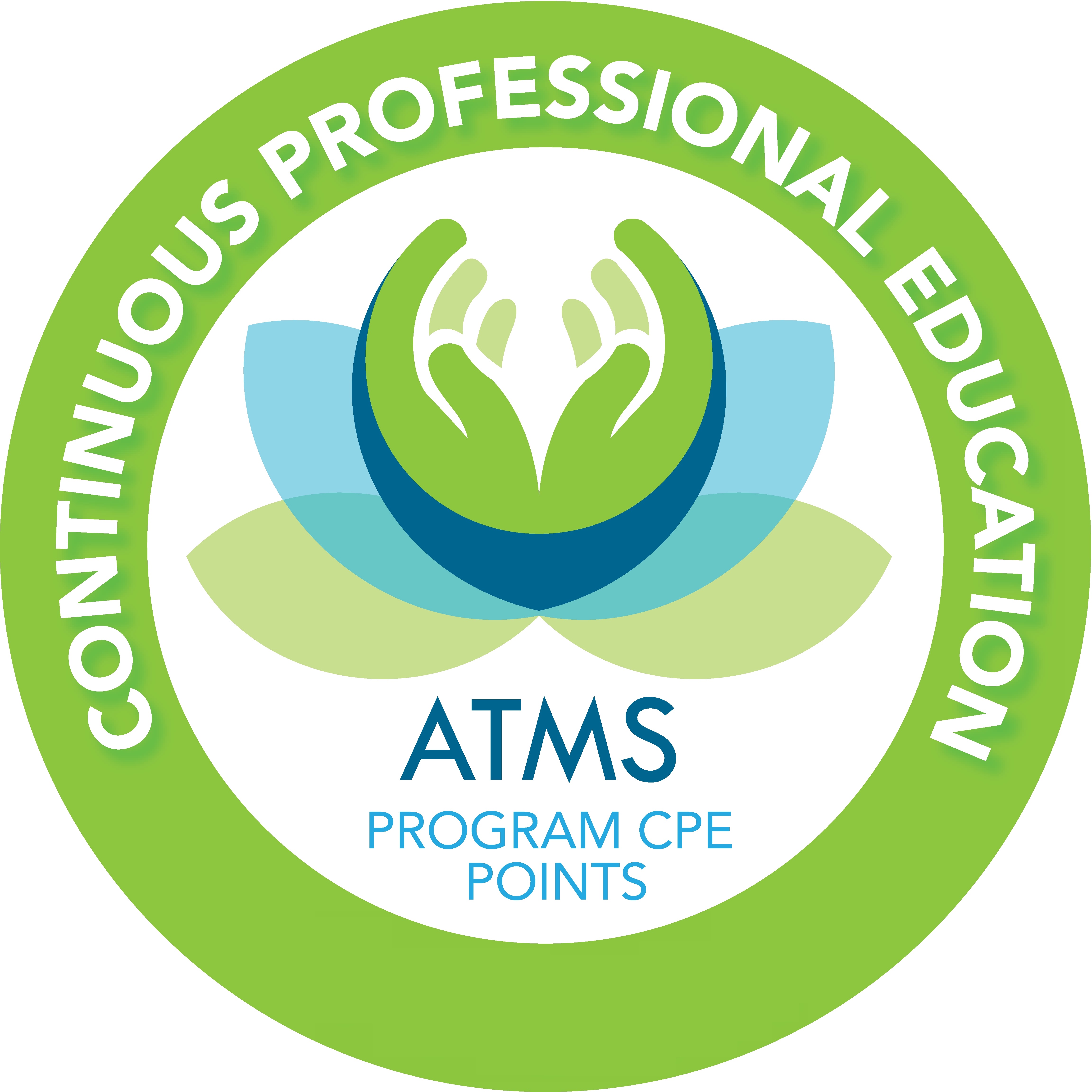Counselling
Vocational Courses
- Diploma of Counselling
- Diploma of Mental Health
- Diploma of Financial Counselling
- Certificate IV in Mental Health
- AIPC Upskill
Higher Education Courses
Community Services
Vocational Courses
- Diploma of Community Services
- Diploma of Youth Work
- Diploma of Alcohol and Other Drugs
- Certificate IV in Youth Work
- Certificate IV in Alcohol and Other Drugs
Higher Education Courses
Allied Health
Vocational Courses
- Diploma of Practice Management
- Diploma of Remedial Massage
- Certificate IV in Dental Assisting
- Certificate IV in Health Administration
- Certificate IV in Allied Health Assistance
- Certificate IV in Massage Therapy
- Certificate III In Dental Assisting
- Certificate III in Health Administration
- Certificate III Allied Health Assistance
- Certificate III in Individual Support
- More...
- Apply Online
Higher Education Courses
Education & Care
Vocational Courses
About
Networks & Resources
- Diploma of Practice Management
- Diploma of Remedial Massage
- Certificate IV in Dental Assisting
- Certificate IV in Health Administration
- Certificate IV in Allied Health Assistance
- Certificate IV in Massage Therapy
- Certificate III In Dental Assisting
- Certificate III in Health Administration
- Certificate III Allied Health Assistance
- Certificate III in Individual Support
- More...
- Apply Online
Home/ Upskill Courses / Recognising and Responding to Domestic and Family Violence
UPSKILL MICRO-CREDENTIAL
Recognising and Responding to Domestic and Family Violence (DFV)
Domestic and family violence is a pattern of abusive behaviour that involves one person seeking to control and dominate another person. Domestic and family violence is not always physical – it can involve a range of different forms of abuse. Any professional who works with clients who have potentially experienced domestic and family violence need to have an adequate background understanding of domestic and family violence, including the prevalence of this form of violence, the different forms it takes and the people and groups at risk.
Online, Self-paced
2 months (full time)
1 Unit


Why study an Upskill Micro-Credential
The world of work is changing. Upskilling, reskilling and agility is key to ensuring you or your organisation thrives in this ever changing, tech-focused decade. As the pace of change quickens, you and your workforce will need to learn new skills quickly to adapt and stay competitive.
Our micro-credential courses fill and advance critical areas of knowledge. They are deep-dive explorations into important topic areas that’ll advance your capacity at work and personally.
Our micro-credential courses are extremely applicable to people from all work and education backgrounds. Our courses cover diverse content areas relevant to an array of professional contexts.
We’re specialist educators in mental health with over 30-years’ experience. Our extensive experience provides us with a deep understanding of learner and market needs.
With so many demands on our time, it’s crucial that learning fits around our other commitments. That's why our micro-credential courses are self-paced and carefully designed to provide a rich, enjoyable learning experience.
Course Overview
Recognising domestic and family violence is typically not straightforward. Clients may be reluctant to disclose what is happening for them as a result of fear, shame and stigma. Clients may present with multiple issues that, on the surface, appear to be unrelated to their intimate or family relationships. They might also not recognise what they are experiencing as domestic and family violence. This Upskill will help increase your confidence to support clients who are experiencing, or at risk of, domestic and family violence.
The Course includes a Study Guide, a Book of Readings, and recorded webinars, and is completed through passing a multiple-choice assessment. The Study Guide will take you through the core content of the course, including information on domestic and family violence in Australia (at both individual and systemic levels), as well as how to recognise and then respond to domestic and family violence. These are supported by selected readings (all contained within the Book of Readings), each of which has been selected to expand or elaborate upon a particular area of knowledge or skill.
Upon completion of this course you will have:
Course Outline
This Course is divided into 4 Parts:
The Upskill starts with information about the prevalence of domestic and family violence in Australia, as well as the different forms it may take. It also analysis the ‘cycle of abuse’, groups at risk of domestic and family violence, as well as gender and power issues. Finally, this section links domestic and family violence to the socio-ecological model which describes how beliefs and attitudes relevant to domestic and family violence are evident not only at an individual level, but also embedded in institutions and systems.
Decades of evidence clearly indicates that domestic and family violence has significant and harmful impacts upon the individuals and families who experience it. Domestic and family violence not only impacts upon the individuals within a family, but also on the relationships between them – especially the relationships between parents and children. In this study guide, we will look at the impacts of domestic and family violence on adults, children, parenting and families, as well as communities and society.
If victim-survivors are reluctant to disclose their experiences of domestic and family violence, they are unlikely to go to a specialist domestic and family violence service. Therefore, counsellors in all settings need to be able to identify when domestic and family violence is occurring and respond appropriately. In this guide, we will focus on recognising domestic and family violence and look at key issues and considerations, signs of domestic and family violence, disclosure, and screening tools.
The initial response to a victim-survivor who is seeking support for the first time is critically important; if the response is poor, the individual may hesitate to seek support again and remain at risk. A well-managed response to a disclosure of domestic and family violence is one where the victim-survivor feels safe, and the professional or service is able to meet the client’s needs for support and assistance. In this study guide, we will look at the initial response; risk assessment, frameworks and tools; safety planning; referrals; and legal and ethical considerations.
The Upskill starts with information about the prevalence of domestic and family violence in Australia, as well as the different forms it may take. It also analysis the ‘cycle of abuse’, groups at risk of domestic and family violence, as well as gender and power issues. Finally, this section links domestic and family violence to the socio-ecological model which describes how beliefs and attitudes relevant to domestic and family violence are evident not only at an individual level, but also embedded in institutions and systems.
Decades of evidence clearly indicates that domestic and family violence has significant and harmful impacts upon the individuals and families who experience it. Domestic and family violence not only impacts upon the individuals within a family, but also on the relationships between them – especially the relationships between parents and children. In this study guide, we will look at the impacts of domestic and family violence on adults, children, parenting and families, as well as communities and society.
If victim-survivors are reluctant to disclose their experiences of domestic and family violence, they are unlikely to go to a specialist domestic and family violence service. Therefore, counsellors in all settings need to be able to identify when domestic and family violence is occurring and respond appropriately. In this guide, we will focus on recognising domestic and family violence and look at key issues and considerations, signs of domestic and family violence, disclosure, and screening tools.
The initial response to a victim-survivor who is seeking support for the first time is critically important; if the response is poor, the individual may hesitate to seek support again and remain at risk. A well-managed response to a disclosure of domestic and family violence is one where the victim-survivor feels safe, and the professional or service is able to meet the client’s needs for support and assistance. In this study guide, we will look at the initial response; risk assessment, frameworks and tools; safety planning; referrals; and legal and ethical considerations.
You have already enrolled into the Recognising and Responding to Domestic and Family Violence Upskill Micro-credential.

30-Day Money Back Guarantee
If you're not satisfied we'll give you your money back.
Zero Risk
Your enrolment comes with a guarantee that empowers you to enrol risk-free. if, for any reason whatsoever you decide you do not want to proceed with your course within 30-day , we will give you a 100%, no questions asked, money back guarantee.
Frequently Asked Questions
Yes, we deliver micro-credential courses in a range of areas. Our micro-credentials are between 20 and 40 hours of deep, rich, learning in specific areas.
All micro-credentials lead to a Digital Badge and Certificate of Attainment. They are self-paced and assessed through multiple-choice.
Some of our micro-credential courses include Creative and Critical Thinking, Acceptance and Commitment Therapy, Working with Mental Health, Emotionally Intelligent Leadership, and many more. You can find a catalogue of all courses here: AIPC Upskill
Our AIPC Upskill courses are all micro-credentials, which means you receive a Digital Badge and Certificate of Attainment upon successful completion.
Our micro-credentials are between 20 and 40 hours of deep, rich, learning in specific areas.
Some of our micro-credential courses include Creative and Critical Thinking, Acceptance and Commitment Therapy, Working with Mental Health, Emotionally Intelligent Leadership, and many more. You can find a catalogue of all courses here: AIPC Upskill
No, anyone can enrol in an AIPC Upskill micro-credential course.
Our Upskill micro-credential courses are self-paced and online. Each courses includes a Study Guide, a Book of Readings, and recorded webinars; and are assessed through multiple-choice questions.
Our micro-credential courses are between 20 to 40 hours of learning.
Upskill micro-credential courses comprise multiple-choice, online assessments. For successful completion of an assessment, you are required to attain a minimum 65% pass rate. As the assessment is competency-based, if you don’t pass on your first try, you will have the opportunity to review and re-submit your answers (there are no re-attempt limits).
Upon completion of an Upskill micro-credential course you receive an electronic Certificate of Attainment and a Digital Badge. A Digital Badge is a form of Digital Credential (also known as ‘micro-credential’) that can be verified/validated online. A digital badge signals your achievement to potential employers and stakeholders, as they are able to verify your learning/skill acquisition outcomes in real-time, over the web.
A Digital Badge is a form of Digital Credential (also known as ‘micro-credential’) that can be verified/validated online. A digital badge signals your achievement to potential employers and stakeholders, as they are able to verify your learning/skill acquisition outcomes in real-time, over the web.
As Upskill micro-credential courses cover a variety of topics and are relevant to diverse professions, you should check the CPD requirements of your industry association.

30-Day Money Back Guarantee
If you're not satisfied we'll give you your money back.
Zero Risk
Your enrolment comes with a guarantee that empowers you to enrol risk-free. if, for any reason whatsoever you decide you do not want to proceed with your course within 30-day , we will give you a 100%, no questions asked, money back guarantee.
Students
About Us
Study Online
RTO Provider Number: 0670 | Institute of Higher Education: Provider ID PRV12083
CRICOS Provider Number: 04095M
Copyright © 2026 The Australian Institute of Professional Counsellors Pty Ltd.
Site by Greenhat - Web Design Brisbane
In the spirit of reconciliation, AIPC acknowledges the Traditional Custodians of country throughout Australia and their connections to land, sea and community. We pay our respect to their Elders past and present and extend that respect to all Aboriginal and Torres Strait Islander peoples today.




